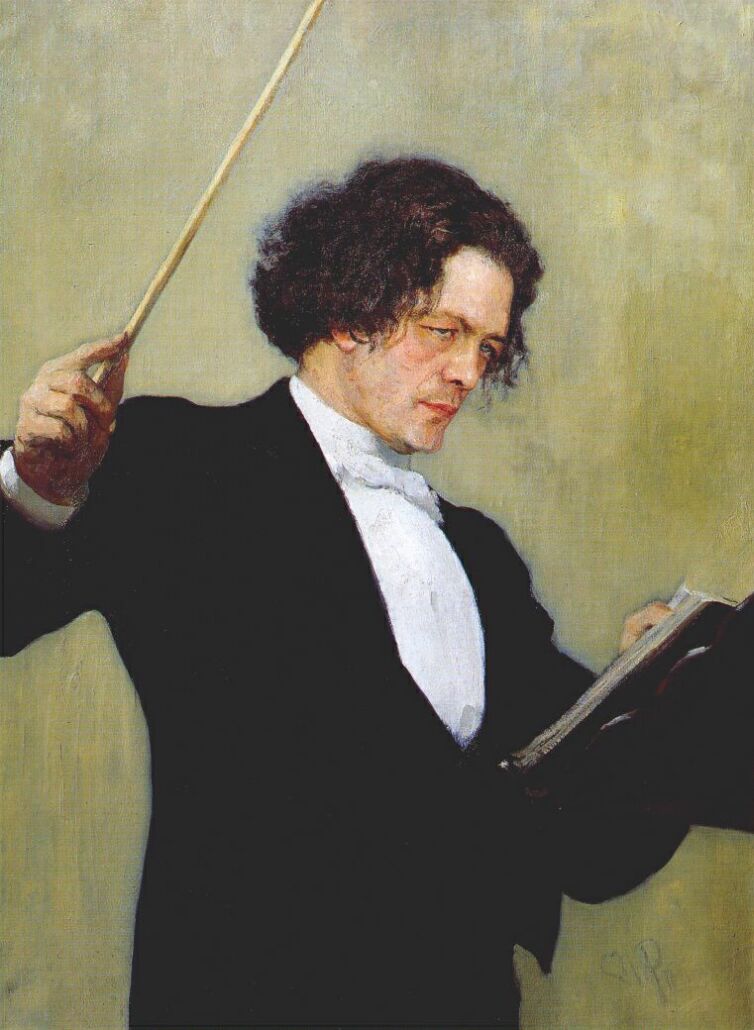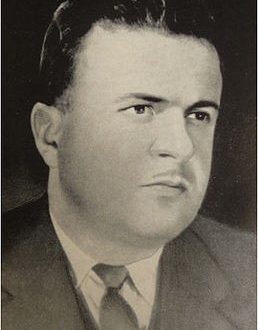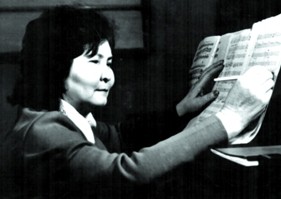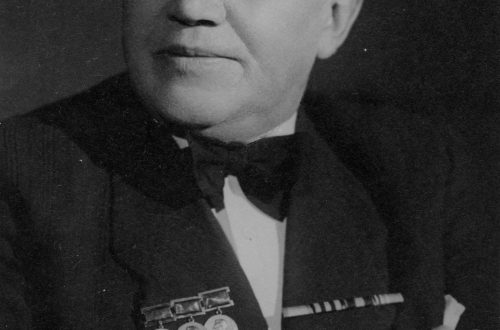
Anton Rubinstein |
Anton Rubinstein
I have always been interested in researching whether and to what extent music not only conveys the individuality and spiritual mood of this or that composer, but also be an echo or an echo of time, historical events, the state of social culture, etc. And I came to the conclusion that it can be such an echo to the smallest detail … A. Rubinstein
A. Rubinstein is one of the central figures of Russian musical life in the second half of the XNUMXth century. He combined a brilliant pianist, the largest organizer of musical life and a composer who worked in different genres and created a number of excellent works that retain their significance and value to this day. Many sources and facts testify to the place that Rubinstein’s activity and appearance occupied in Russian culture. His portraits were painted by B. Perov, I. Repin, I. Kramskoy, M. Vrubel. Many poems are dedicated to him – more than any other musician of that era. It is mentioned in A. Herzen’s correspondence with N. Ogarev. L. Tolstoy and I. Turgenev spoke of him with admiration…
It is impossible to understand and appreciate Rubinstein the composer in isolation from other aspects of his activity and, to no lesser extent, from the features of his biography. He started like many child prodigies of the middle of the century, having made a concert tour of the major cities of Europe in 1840-43 with his teacher A. Villuan. However, very soon he acquired complete independence: due to the ruin and death of his father, his younger brother Nikolai and his mother left Berlin, where the boys studied composition theory with Z. Den, and returned to Moscow. Anton moved to Vienna and owes his entire future career solely to himself. The industriousness, independence and firmness of character developed in childhood and youth, the proud artistic self-consciousness, the democratism of a professional musician for whom art is the only source of material existence – all these features remained characteristic of the musician until the end of his days.
Rubinstein was the first Russian musician whose fame was truly worldwide: in different years he repeatedly gave concerts in all European countries and in the USA. And almost always he included his own piano pieces in the programs or conducted his own orchestral compositions. But even without that, Rubinstein’s music sounded a lot in European countries. So, F. Liszt conducted in 1854 in Weimar his opera Siberian Hunters, and a few years later in the same place – the oratorio Lost Paradise. But the main application of Rubinstein’s multifaceted talent and truly gigantic energy was found, of course, in Russia. He entered the history of Russian culture as the initiator and one of the founders of the Russian Musical Society, the leading concert organization that contributed to the development of regular concert life and musical education in Russian cities. On his own initiative, the first St. Petersburg Conservatory in the country was created – he became its director and professor. P. Tchaikovsky was in the very first graduation of his students. All types, all branches of Rubinstein’s creative activity are united by the idea of enlightenment. And composing too.
Rubinstein’s creative legacy is enormous. He is probably the most prolific composer in the entire second half of the 13th century. He wrote 4 operas and 6 sacred oratorio operas, 10 symphonies and ca. 20 other works for orchestra, ca. 200 chamber instrumental ensembles. The number of piano pieces exceeds 180; on the texts of Russian, German, Serbian and other poets created approx. XNUMX romances and vocal ensembles… Most of these compositions retain a purely historical interest. “Multi-writing”, the speed of the composition process, greatly harmed the quality and finish of the works. Often there was an internal contradiction between the improvisational presentation of musical thoughts and rather rigid schemes for their development.
But among the hundreds of justly forgotten opuses, Anton Rubinstein’s legacy contains remarkable creations that reflect his richly gifted, powerful personality, sensitive ear, generous melodic gift, and composer’s skill. The composer was especially successful in the musical images of the East, which, starting with M. Glinka, was the root tradition of Russian music. Artistic achievements in this area were recognized even by critics who had a sharply negative attitude towards the work of Rubinstein – and there were many such very influential ones, such as C. Cui.
Among the best of Rubinstein’s oriental incarnations are the opera The Demon and Persian Songs (and the unforgettable voice of Chaliapin, with restrained, quiet passion, deducing “Oh, if only it were so forever …”) The genre of Russian lyric opera was formed in The Demon, which soon became in Eugene Onegin. Russian literature or portraiture of those years show that the desire to reflect the spiritual world, the psychology of a contemporary was a feature of the entire artistic culture. Rubinstein’s music conveyed this through the intonation structure of the opera. Restless, unsatisfied, striving for happiness and not being able to achieve it, the listener of those years identified Demon Rubinstein with himself, and such an identification occurred in the Russian opera theater, it seems, for the first time. And, as happens in the history of art, by reflecting and expressing its time, Rubinstein’s best opera thereby retains an exciting interest for us. Romances live and sound (“Night” – “My voice is gentle and gentle for you” – these poems by A. Pushkin were set by the composer to his early piano piece – “Romance” in F major), and Epithalama from the opera “Nero”, and Fourth Concerto for Piano and Orchestra…
L. Korabelnikova





